The latest documentary by Upstream Podcast explores the history, the present and the future of the new economy movements.
The current economic model is falling apart. There are few who would deny this. From professional economists studying the data to working folks who can feel it in their daily lives. Climate disaster is on our doorstep, the threat of another major recession is looming, and global inequality has reached levels not seen for over a century. With the knowledge that we cannot afford to go on with business as usual, the question we must all ask ourselves is this: what are we going to do about it?
The Upstream Podcast explores this question in their latest documentary: The Call for a New Economy. And the good news is that there are already many who are answering the call. The story told in this program begins in 1984, just outside of the G7 World Economic Summit in London, where a small group convened a counter summit to challenge the ideas and theories that dominated mainstream economics. The program follows the ripples of this seminal event as they radiate out through the world and on into the present, inspiring organizations like the New Economics Foundation in the United Kingdom and the New Economy Coalition in the United States.
One of the major themes of the documentary focuses on a radical reimagination of how economics is taught as a field of study. You’ll travel to a small school tucked away in the English moors, named after the Buddhist economist E. F. Schumacher, whose Founder Satsih Kumar explains how students are learning to embody the new economy through reciprocity and community building.
You’ll also hear from one of the educators at Schumacher College, Jonathan Dawson, who explores the importance of relationship through his research and experience living in eco-villages:
“The current economy is based on transaction instead of relationship…For most of the life of our species on the planet, however, gift giving and reciprocity were a critical part of the way that we undertook economic activities.”
The story is also guided by the voices of renegade economists like author Kate Raworth and Oxfam Senior Researcher Katherine Trebeck, who question some of the fundamental assumptions of our current economic system.
Trebeck explains how “…the implicit assumption is that the current economy is inevitable, that it can’t change, and so people and communities need to change instead. But in fact,” she argues, “the economy is not inevitable…Why should we have to change ourselves to fit this economic model that is not delivering what we need it to deliver? Shouldn’t we try to change the economy so that it really supports us?”
These are just a few of the voices you’ll hear from in this episode. And just as the story began with the counter economic summit of 1984, it ends with the beginning of another story, that of the New Economics and Social Innovation Forum (NESI), which is being held from April 19-22nd in Malaga, Spain. The NESI Forum will be an opportunity to inspire and strengthen many of the different threads of this movement for a New Economy. And as the ecological and economic crises deepen, folks from every corner of the globe will convene in Malaga to answer the question: What are we going to do about it?
Article written by Della Duncan and Robert Raymond, creators of Upstream Podcasts. They are participating in NESI Forum as media partners and will be joining us in Málaga. In order to be able to come all the way from the US, they have launched a crowdfunding campaign. More information and donations, here.

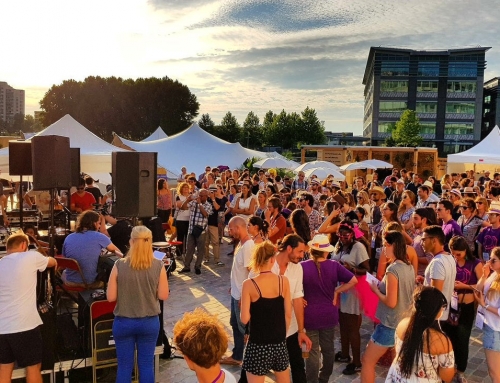
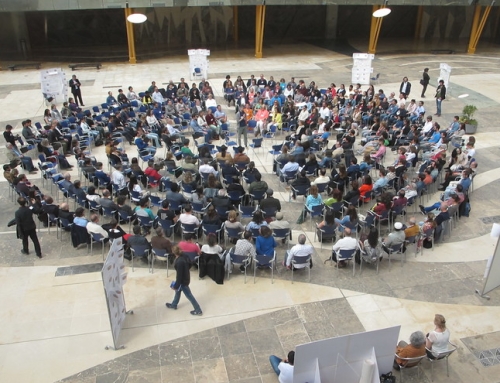
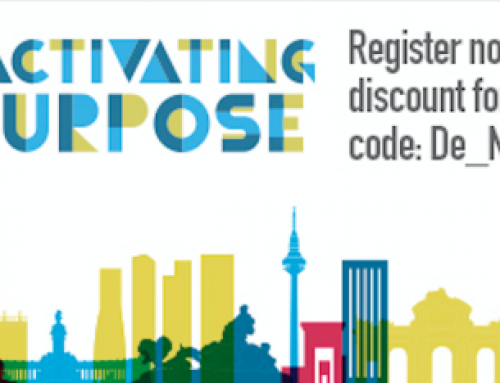

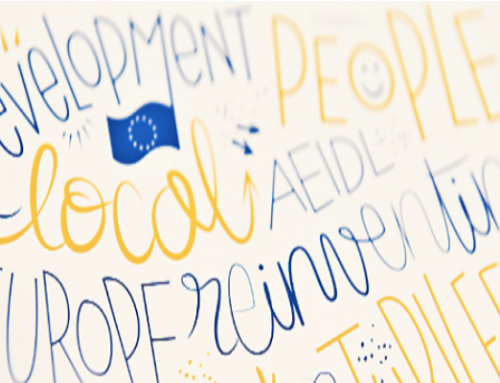
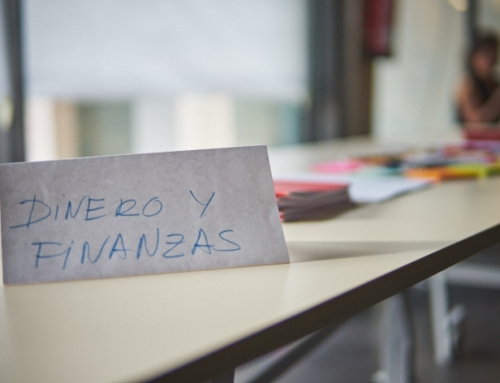
Leave A Comment